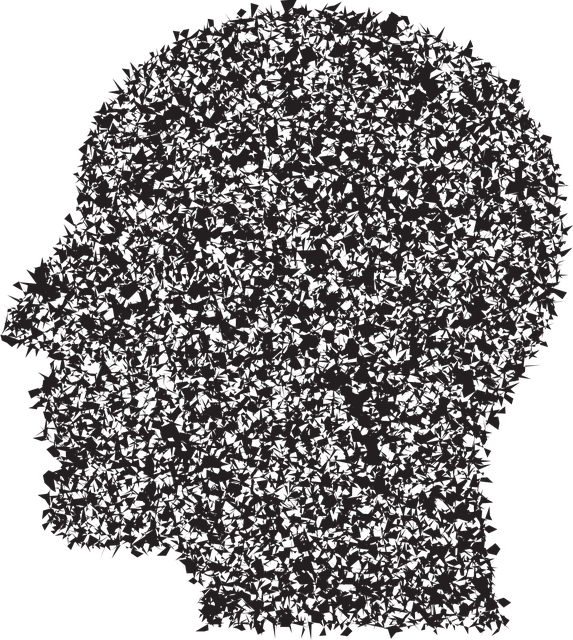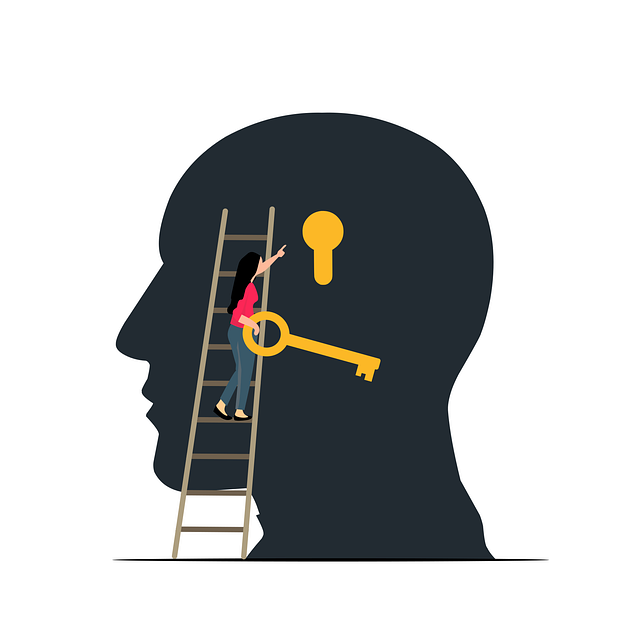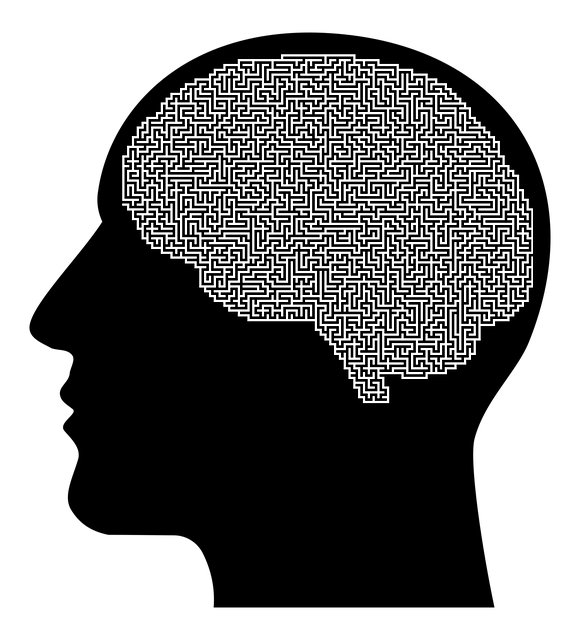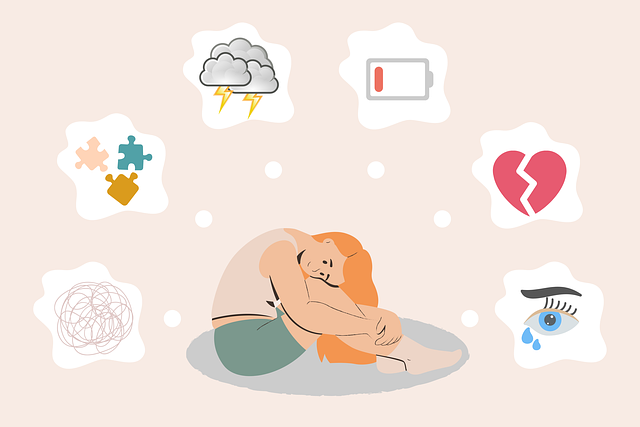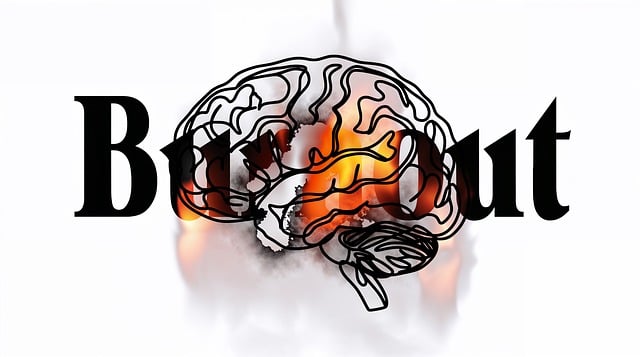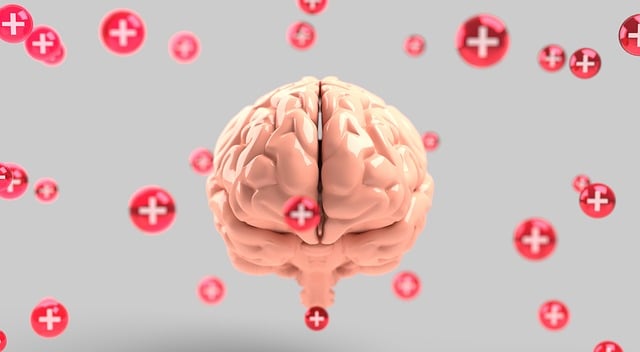Diagnosing mental health issues in adolescents and young children is challenging due to their unique emotional expression and rapid brain development. Integrating Therapy for Young Children leverages Dialectical Behavioral Therapy (DBT), combining cognitive-behavioral techniques with mindfulness practices, to enhance diagnostic accuracy and treat complex emotional and behavioral issues. DBT's structured approach, including Mental Wellness Coaching, Depression Prevention, and Social Skills Training, improves coping strategies and emotion regulation, benefiting children's mental wellness from a young age. By collaborating with parents and integrating evidence-based therapies, mental health professionals can refine diagnosis techniques and provide personalized treatments tailored to each child's unique needs, ultimately empowering them with tools for long-term mental health.
Mental illness diagnosis accuracy is a critical issue, especially in youth, where complex symptoms can be difficult to interpret. This article explores efforts to enhance diagnostic precision through innovative approaches like integrating therapy for young children and Dialectical Behavioral Therapy (DBT). We delve into the importance of collaboration between professionals and parents, highlighting evidence-based strategies such as early intervention and comprehensive assessment tools. By examining these methods, we aim to guide improvements in mental health care for young individuals.
- Understanding the Challenge: The Complexity of Mental Illness Diagnosis in Youth
- Integrating Therapy for Young Children: A Novel Approach
- Dialectical Behavioral Therapy (DBT): Unlocking Tools for Accurate Assessment
- Enhancing Diagnostic Accuracy: Collaboration Between Professionals and Parents
- Continuous Improvement: Evidence-Based Strategies and Future Directions
Understanding the Challenge: The Complexity of Mental Illness Diagnosis in Youth

Diagnosing mental illness in young individuals presents a unique challenge due to several complex factors. Mental health issues in adolescents and children often manifest differently than in adults, making identification more intricate. The rapid brain development during childhood and adolescence can lead to fluctuations in mood, behavior, and emotional regulation, which may be mistaken for temporary phases or typical developmental stages. This complexity necessitates a nuanced approach to diagnosis.
Dialectical Behavioral Therapy (DBT) is one such evidence-based practice gaining recognition for its effectiveness in treating young people with borderline personality disorder and other mental health challenges. DBT focuses on coping skills development, stress management, and mindfulness, empowering individuals to navigate their emotions and behaviors more adaptively. Beyond therapy, Mental Health Policy Analysis and Advocacy plays a crucial role in ensuring accessible and accurate diagnosis through improved healthcare infrastructure and community-based initiatives such as Stress Management Workshops Organization, which can equip young people with valuable tools for mental well-being.
Integrating Therapy for Young Children: A Novel Approach

Integrating Therapy for Young Children represents a novel approach to enhancing mental illness diagnosis accuracy, particularly in early detection. This method leverages Dialectical Behavioral Therapy (DBT), combining cognitive-behavioral techniques with mindfulness practices tailored for young minds. By incorporating DBT, professionals can effectively address complex emotional and behavioral issues that may otherwise go unnoticed or misdiagnosed.
The integration of therapy specifically designed for young children, alongside the development of Mental Wellness Coaching Programs, Depression Prevention strategies, and Social Skills Training, offers a comprehensive framework. This multi-faceted approach not only improves diagnostic accuracy but also equips children with essential coping mechanisms, fostering their mental wellness and resilience from an early age.
Dialectical Behavioral Therapy (DBT): Unlocking Tools for Accurate Assessment

Dialectical Behavioral Therapy (DBT) offers a promising approach to enhancing the accuracy of mental illness diagnoses, particularly for young children. This therapy goes beyond traditional treatment methods by equipping both healthcare providers and patients with valuable tools to navigate complex emotional landscapes. DBT combines cognitive-behavioral techniques with mindfulness practices, enabling children to develop effective coping strategies and improve their overall well-being. By focusing on emotion regulation, distress tolerance, interpersonal effectiveness, and mindfulness, DBT helps young individuals manage symptoms of various mental health disorders, including anxiety relief and burnout prevention strategies for healthcare providers.
The structured nature of DBT facilitates social skills training, allowing children to enhance their interactions with peers and adults. This aspect is crucial in accurately assessing and diagnosing mental illness, as social behaviors often provide significant insights into a child’s emotional state. Through DBT, healthcare providers can gain a more comprehensive understanding of young patients’ experiences, leading to improved assessment techniques and personalized treatment plans.
Enhancing Diagnostic Accuracy: Collaboration Between Professionals and Parents

Improving diagnostic accuracy in mental health for young children is a multifaceted effort. One key area of focus is collaboration between professionals and parents. When families actively participate in the assessment process, it becomes easier to gather comprehensive information about a child’s behavior, emotions, and experiences at home and school. This collaborative approach leverages the unique insights both professionals and parents offer, enhancing the overall diagnostic accuracy.
Integrating evidence-based therapies like Dialectical Behavioral Therapy (DBT) can significantly contribute to this collaboration. DBT provides tools for emotional regulation, distress tolerance, and effective communication, fostering healthier family dynamics. By equipping parents with conflict resolution techniques and crisis intervention guidance, they become active partners in their child’s therapy, further refining diagnostic insights. This holistic strategy not only improves the accuracy of mental health diagnoses but also strengthens support services tailored to address each child’s unique needs.
Continuous Improvement: Evidence-Based Strategies and Future Directions

Mental health professionals are constantly striving to enhance the accuracy of diagnoses, especially for young children. Continuous improvement in this area is essential as it ensures that appropriate interventions are provided at the earliest, potentially preventing the progression of mental health issues like depression. Evidence-based strategies such as Dialectical Behavioral Therapy (DBT) have shown remarkable results in treating various conditions, including those among adolescents and younger populations. DBT combines cognitive-behavioral techniques with mindfulness practices to foster better emotional regulation, distress tolerance, and effective coping mechanisms.
Looking ahead, research should continue to explore innovative approaches like integrating social skills training and self-care practices within therapeutic frameworks. These strategies can empower young individuals with the tools necessary for long-term mental wellness. By combining evidence-based treatments with a focus on prevention, such as depression prevention initiatives, healthcare providers can contribute to a more accurate and effective mental health care system tailored to the unique needs of children and adolescents.
Mental illness diagnosis in youth remains a complex challenge, but significant strides can be made through innovative approaches like Integrating Therapy for Young Children and evidence-based strategies such as Dialectical Behavioral Therapy. Collaboration between professionals, parents, and continuous improvement driven by research are key to enhancing diagnostic accuracy and ultimately improving outcomes for young individuals facing mental health issues.
